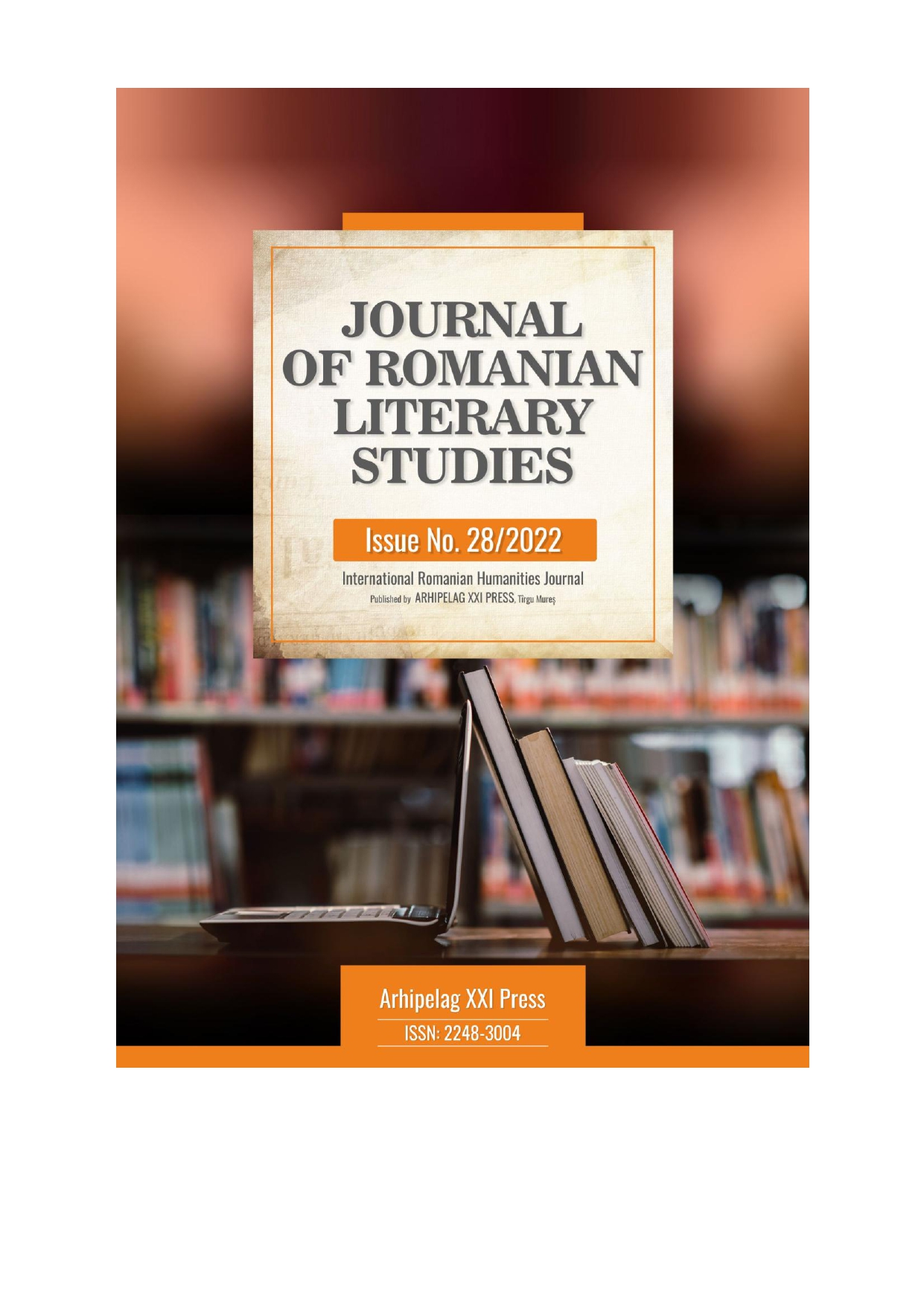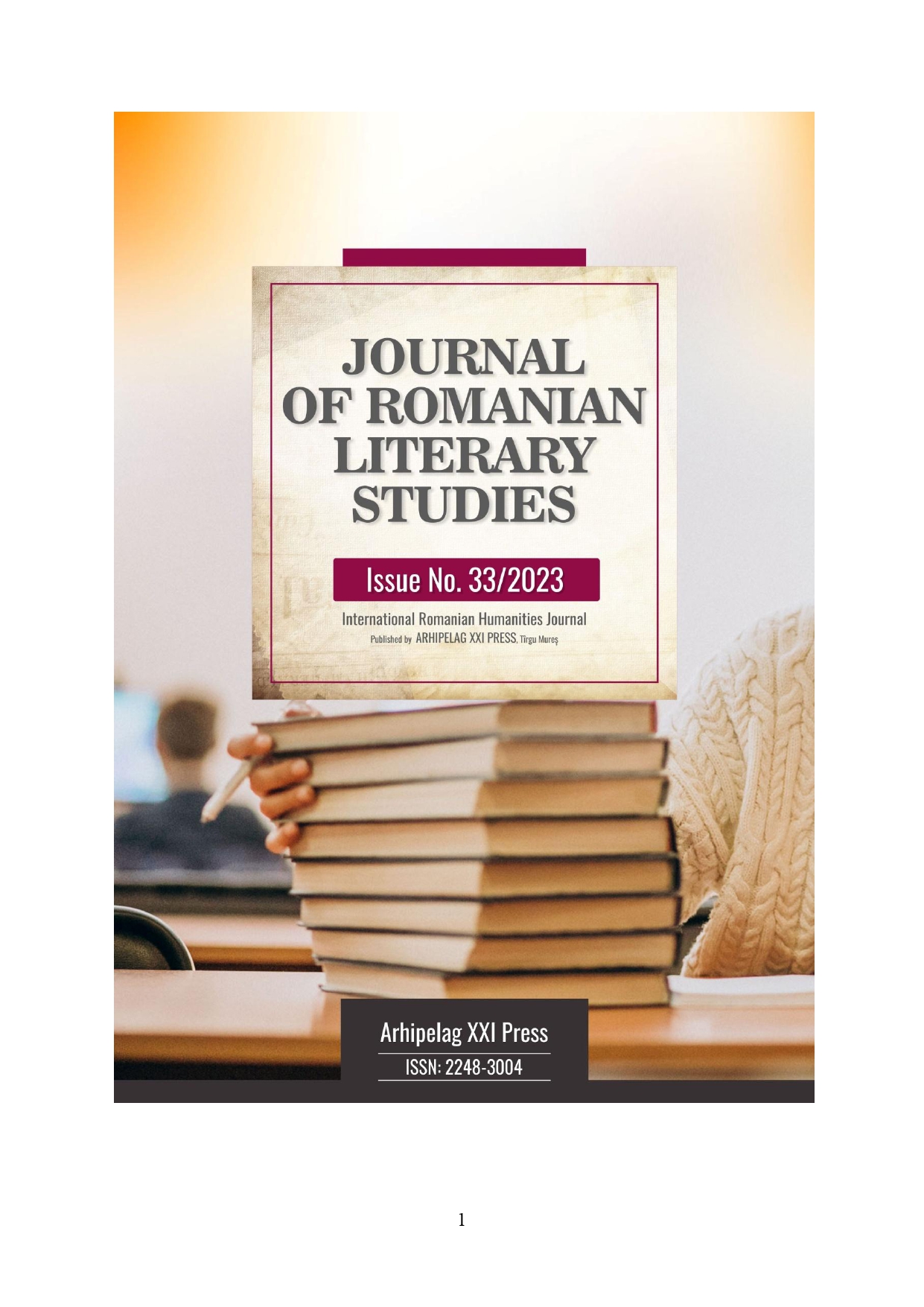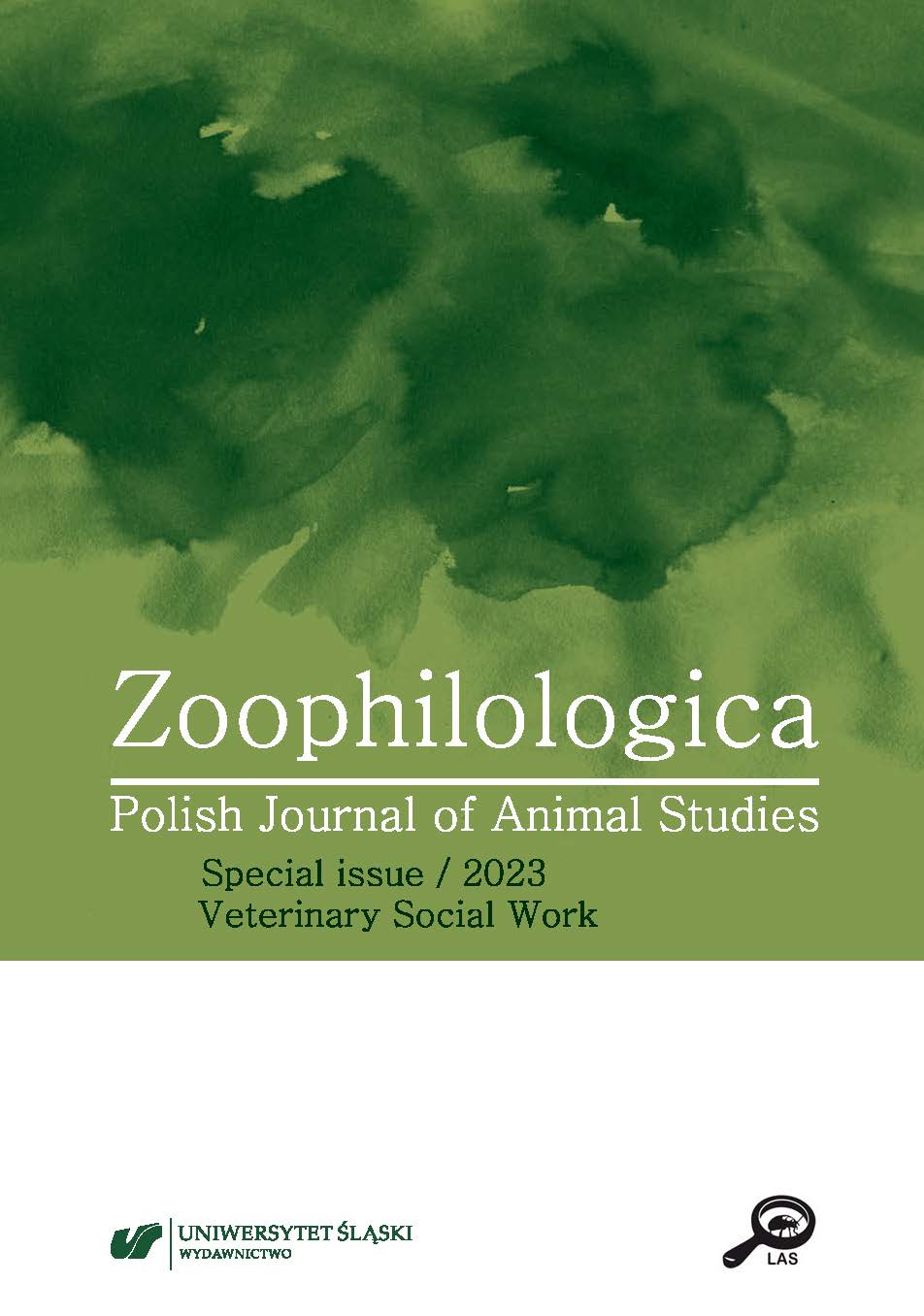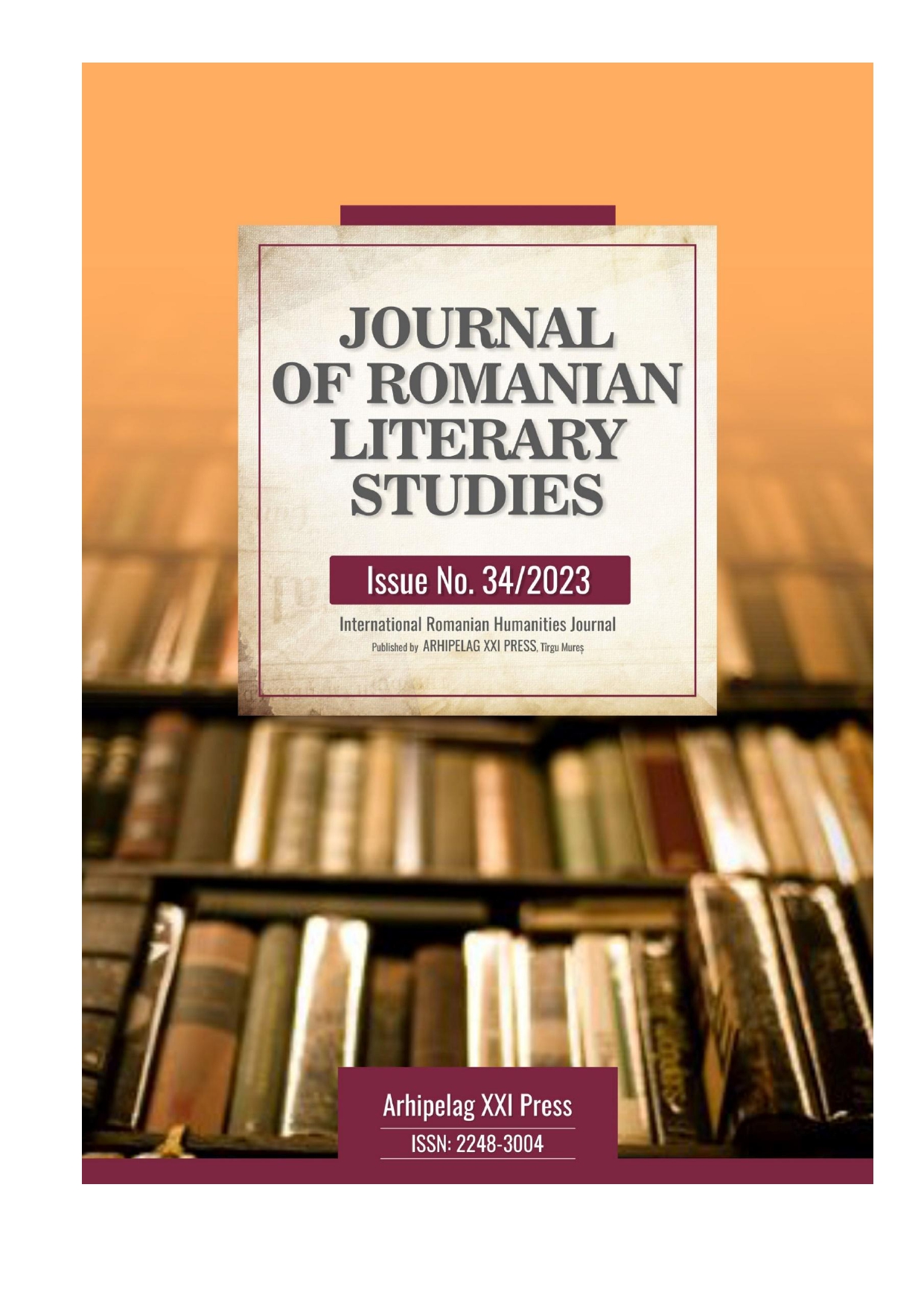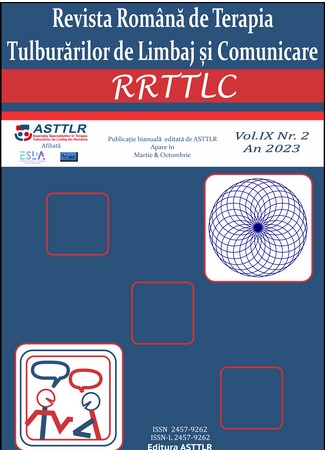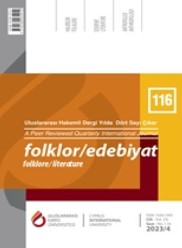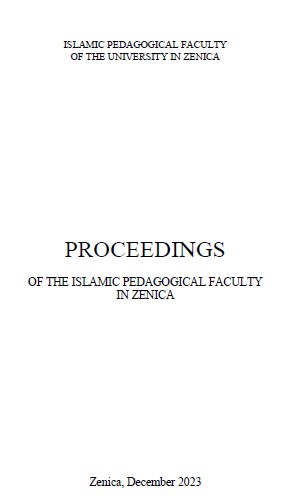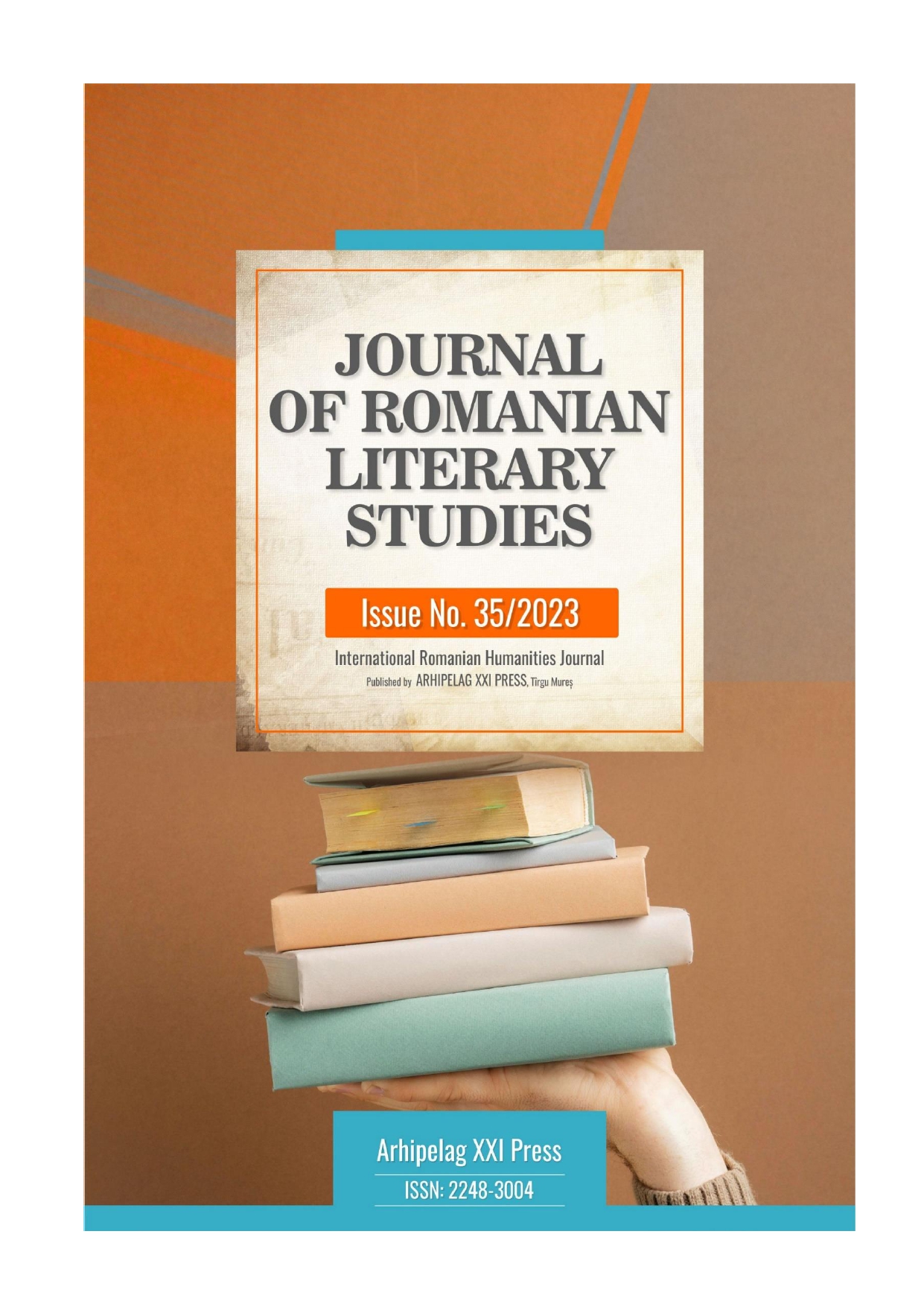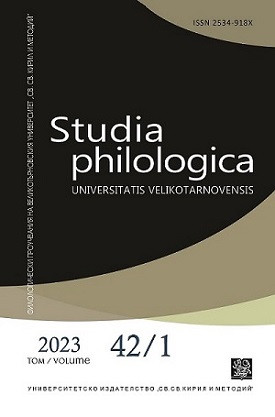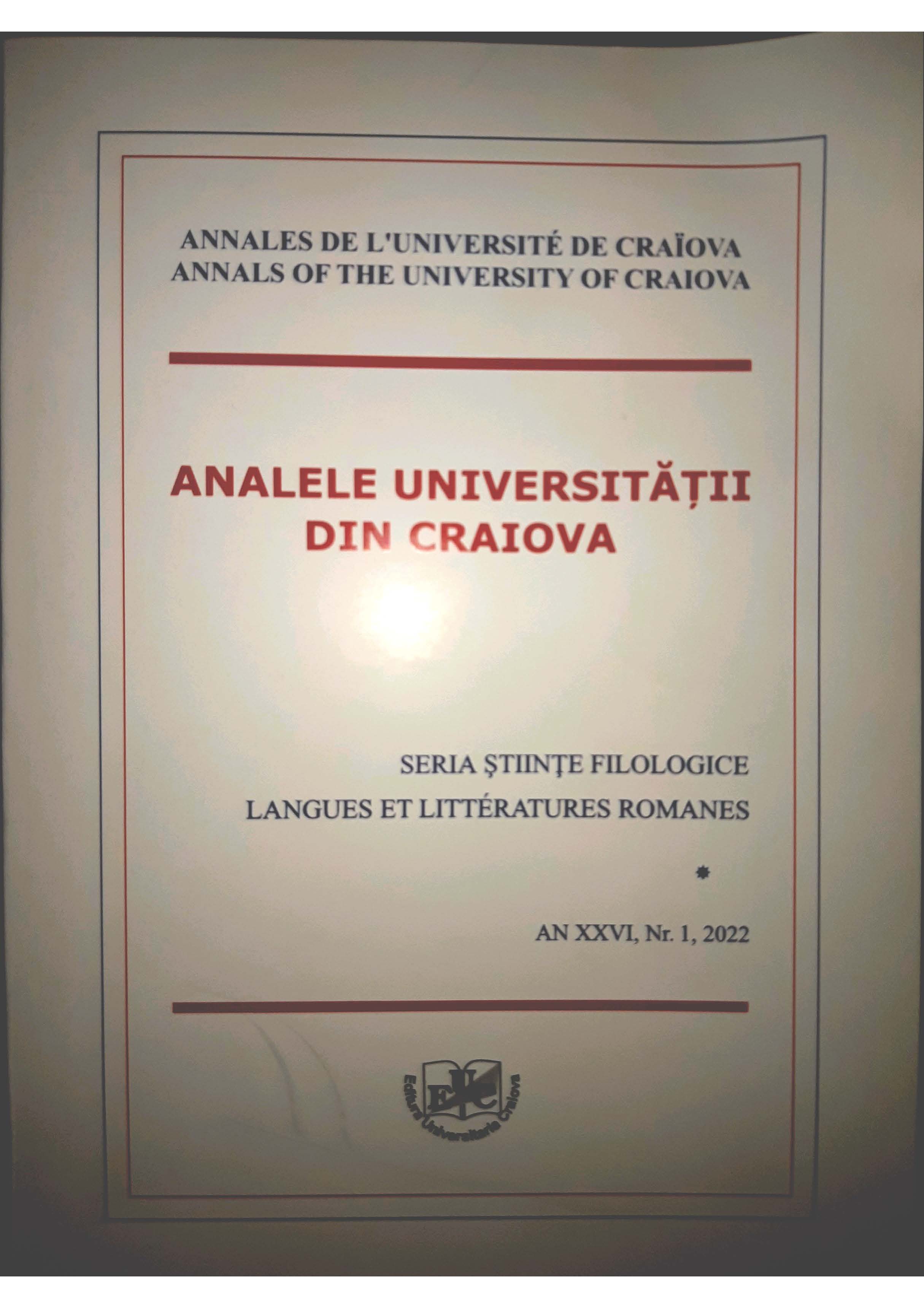Author(s): Sonnur Aktay / Language(s): Turkish
Issue: 116/2023
In recent years, scientific studies on the structure and functioning of the terms discourse and text have gained momentum, and different approaches have been proposed. The multifaceted nature of the terms discourse and text sometimes leads to confusion, to the extent that in academic studies, these concepts are occasionally used interchangeably. It is important to elimination of uncertainty in scientific studies, in which respect the concepts of discourse and text, defined by different disciplines such as linguistics, textlinguistics, communicative linguistics, semantics, ethnology, pragmatics, philosophy, psychology, sociology, form similarity or difference. Although discourse research is rooted in the West, Russian studies are increasing day by day. Studies conducted through the Moscow School (V. I. Tyupa), which defines discourse as a communicative phenomenon, and the Volgograd School (N. D. Arutyunova), which sees discourse as a coherent text with extra-linguistic, pragmatic, sociocultural, psychological, etc. factors, give direction to discourse research. In this context, the theoretical definitions of the concepts of discourse and text made by Russian linguists in the light of Russian linguistic research, the points where the two terms are used interchangeably, their scope and limitations are discussed comparatively. The aim of the study is to bring the schools, linguists and the theories developed by Russian linguists on the discourse field to the Turkish literature and to reveal the communicative aspect of the concepts of discourse and text with Russian text examples. In the study, using the qualitative research method, resources on discourse in Russia were provided and a comparative analysis of academic studies was carried out.
More...
